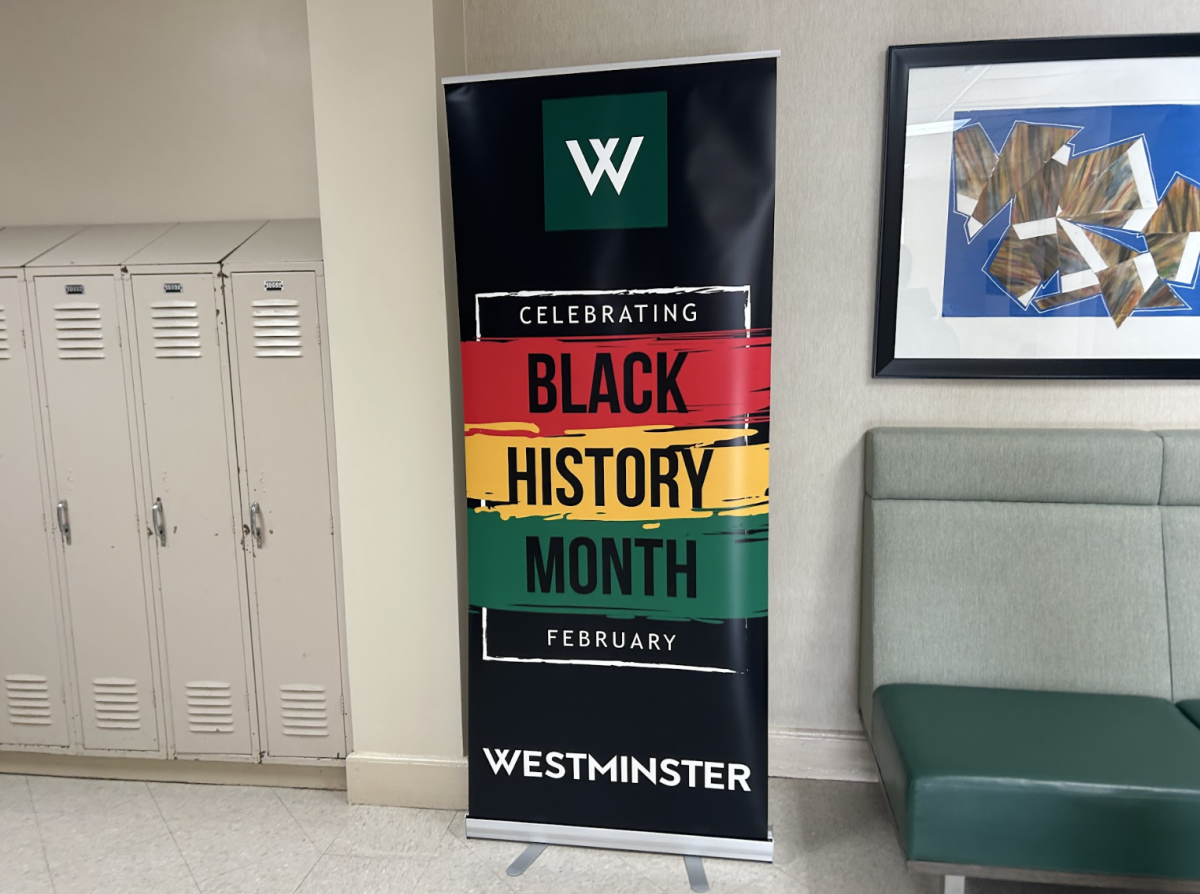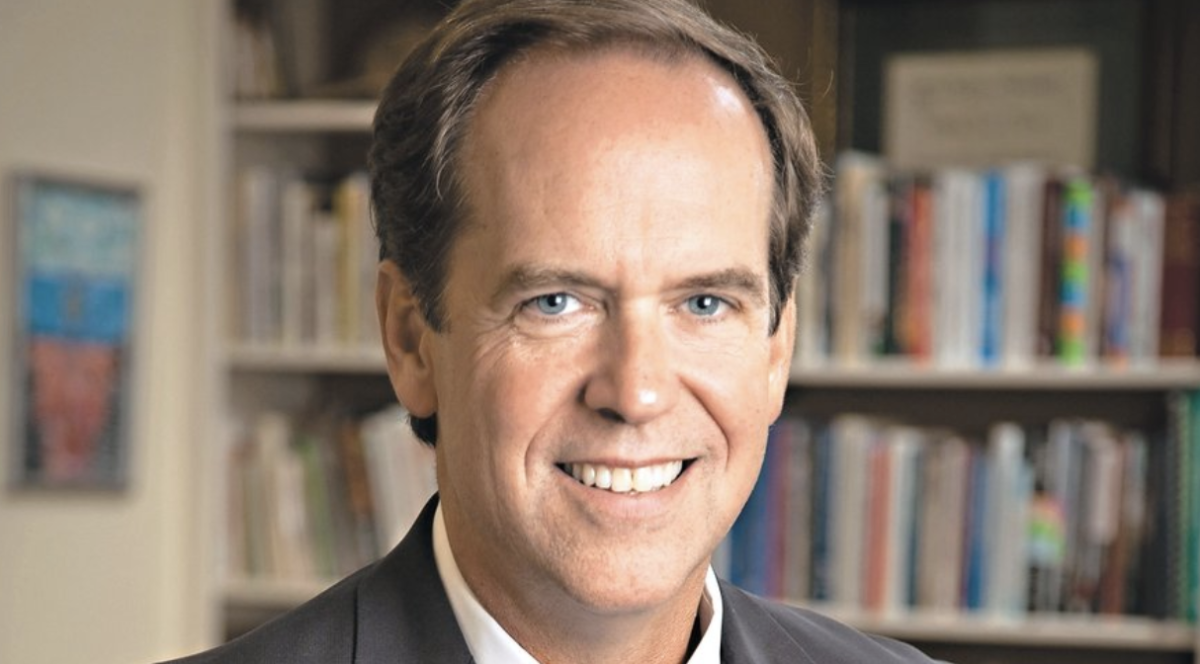In the heart of winter, the stories of overcoming struggles and tribulations faced by members of the Black community illuminate American history. As the gateway into spring, February is Black History Month, a month dedicated to honoring the triumphs and conflicts shared by African-Americans throughout the history of the United States.
Black History Month has received recognition from Canada, the United Kingdom, and Ireland, suggesting its global significance in remembering the figures and events of the African diaspora. Traces of a single week commemorating Black history date back to the 1920s and organizations such as the Association for the Study of Negro Life and History (ASNLH) have worked diligently to celebrate Black history. However, students at Kent State University first conceived the idea of the Black History Month celebrated today in February of 1969. After six years, celebrations of Black History Month were common across the country, as President Gerald Ford requested citizens to “seize the opportunity to honor the too-often neglected accomplishments of Black Americans in every area of endeavor throughout our history”.
African-Americans have undoubtedly made a significant impact on shaping our country and the world around us. Important figures in the civil rights movement include Rosa Parks, Thurgood Marshall, and Martin Luther King Jr., who all worked to achieve equal status for African-Americans in the United States.
The impacts of Black History Month can be felt throughout the Westminster community. Whether via furthering African-American representation from an educational standpoint with the new AP African American Studies course or through affinity groups planning Black History Month assemblies, Westminster has worked diligently to promote cultural awareness about the Black community.
Tori Sparks, a teacher of the Upper School’s new AP African American Studies course, believes that the educational impact of Black History Month can be felt within her very classroom.
“I think what’s really cool about the AP African American Studies course is that it gives us an opportunity to go more in-depth for content that students may not have heard before,” said Sparks. “For example, this month, all the kids are doing mini music presentations on an artist of their choice, as the Black History Month theme is African-Americans in the arts.”
Sparks brings up another facet of what it means to celebrate Black History Month each year: its distinctive theme. The Association for the Study of African American Life and History (ASALH) mentions the importance of a theme to effectively draw the public’s attention to African American history.
“The intention has never been to dictate or limit the exploration of the Black experience,” says the ASALH. “But [it is] to bring to the public’s attention important developments that merit emphasis.”
The yearly themes of Black History Month also reveal pertinent perspectives and trends in our society, reflecting the way African-Americans are viewed by others and themselves. Notable themes include the Black Resistance theme of 2023, the African Americans and the Vote theme of 2020, and African Americans and Labor, the selected theme for 2025.
Black History Month has also impacted Westminster by furthering African-American representation. FLIK Independent School Dining offered a special addition to their lunch menu on February 15, a traditional soul food lunch, meant to honor and represent African-American cuisine in the United States.
“I feel pretty happy about [the dining options],” said sophomore Christopher O’Mard. “I think it helps with representation because it’s the type of food I eat, and it’s nice to eat it outside the home.”
Alongside representation, Black History Month has also made an impact at Westminster through cultural awareness. Sophomore Caleb Patterson, a member of the Distinguished Hue-Mans Affinity Group, believes Black History Month has made a significant impact at the Westminster Schools.
“I think it shows the different traditions that Black people have in the U.S.,” says Patterson. “I feel that representing Black History as a whole at Westminster in the month of February is very helpful for people to understand.”
Edited by Cece Schrader







